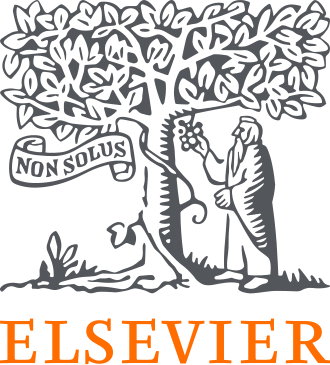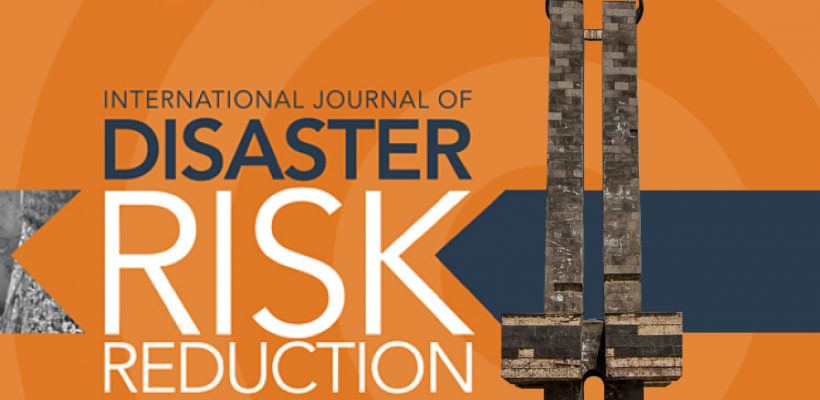We are thrilled to announce that the paper titled "Fires: A Semantic Model for Advanced Querying and Prediction Analysis for First Responders in Post-Disaster Response Plans," authored by Areti Bania, Omiros Iatrellis, Nicholas Samaras, and Theodor Panagiotakopoulos, has been accepted for publication by the prestigious Elsevier journal "International Journal of Disaster Risk Reduction." This journal is a top-tier, Q1 rated publication with an Impact Factor of 5, leading the domain in disaster risk reduction research.
The paper, conducted as part of the INVEST project by UTH researchers at the RES-Q Living Lab in Larissa, Greece, introduces FiReS (First Responders System), an ontological model designed to enhance data interoperability among first responders during response plans by integrating data from diverse sources. The FiReS model leverages Semantic Web technologies to harmonize heterogeneous data, providing a robust framework for advanced data analysis and machine learning prediction, crucial in Disaster Risk Management (DRM).
Study Highlights:
- Development and Validation: The methodology for developing the FiReS ontology was described in detail, highlighting the selection of significant object and data properties and the data harmonization process which involves converting data into RDF triple format for unified storage.
- Advanced Querying Capability: Utilizing SWRL rules and SPARQL queries, the model enables retrieval of critical data and their associated location risk levels affected by disasters.
- Impact and Accuracy: FiReS demonstrated high accuracy in predictions and low forecasting errors, enhancing the ontology's credibility and its utility in generating reliable recommendations for response planning.
This achievement underscores the significance of innovative research in improving disaster response strategies and enhancing the resilience of communities against natural disasters.
Preprint article: https://papers.ssrn.com/sol3/papers.cfm?abstract_id=4527923



